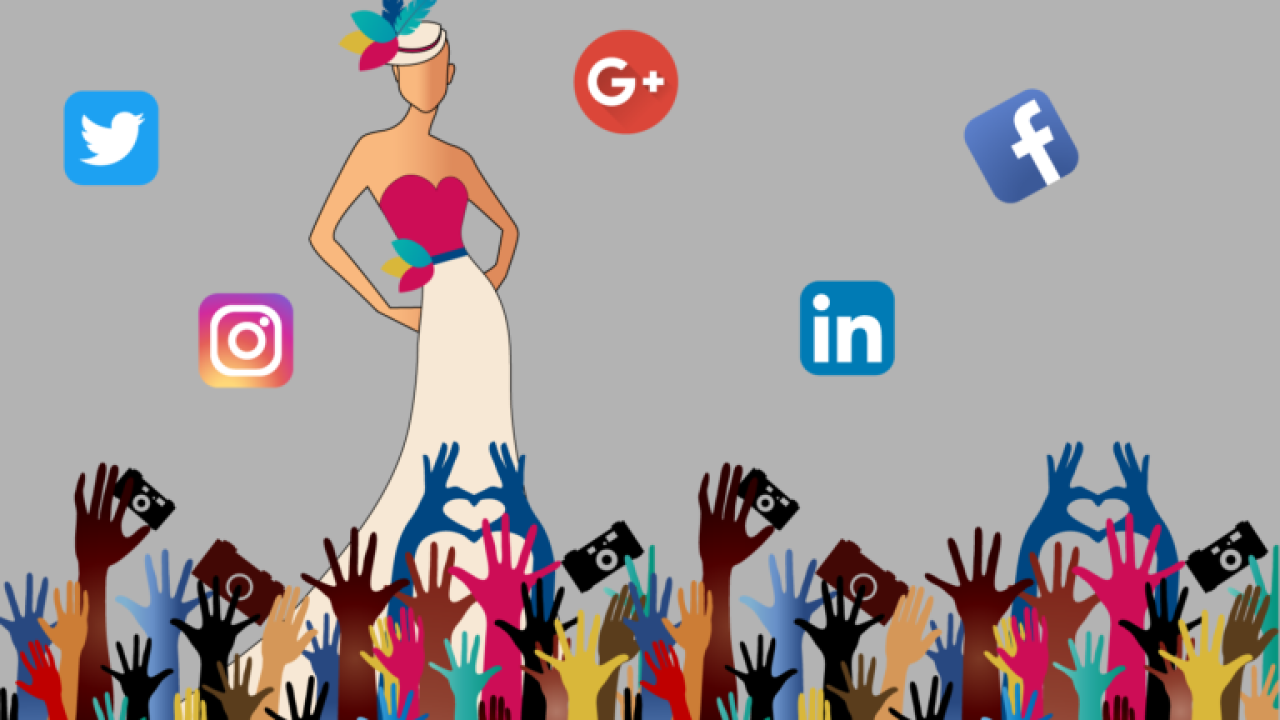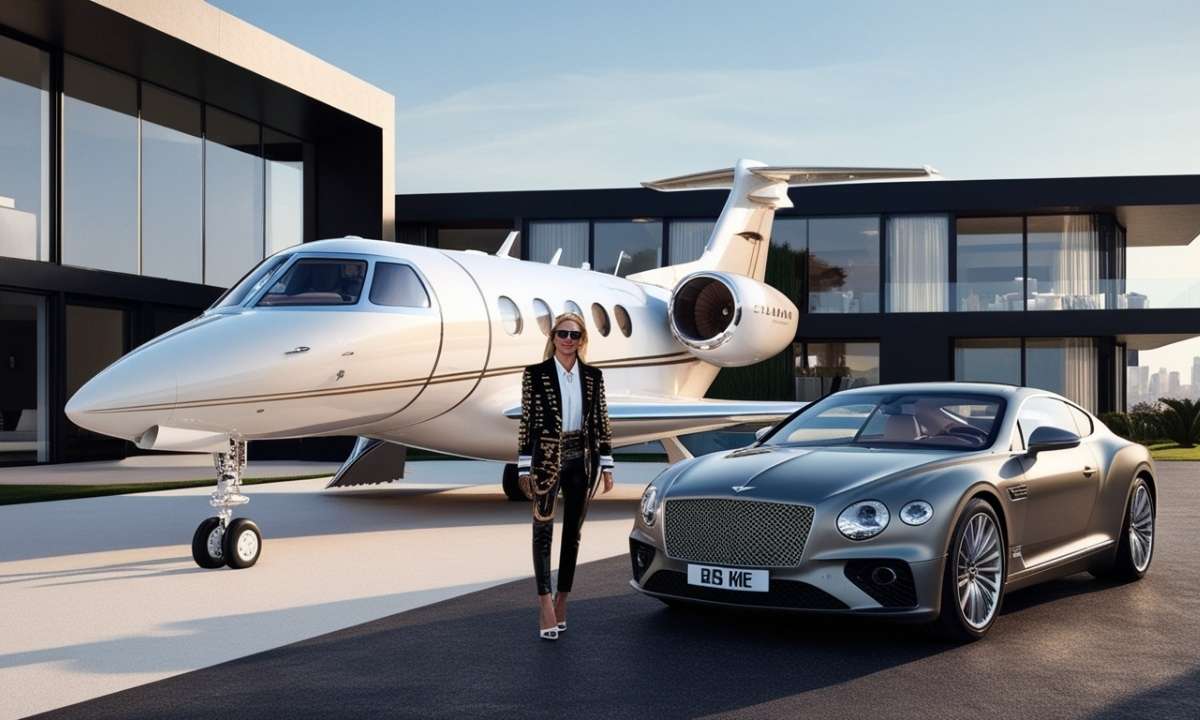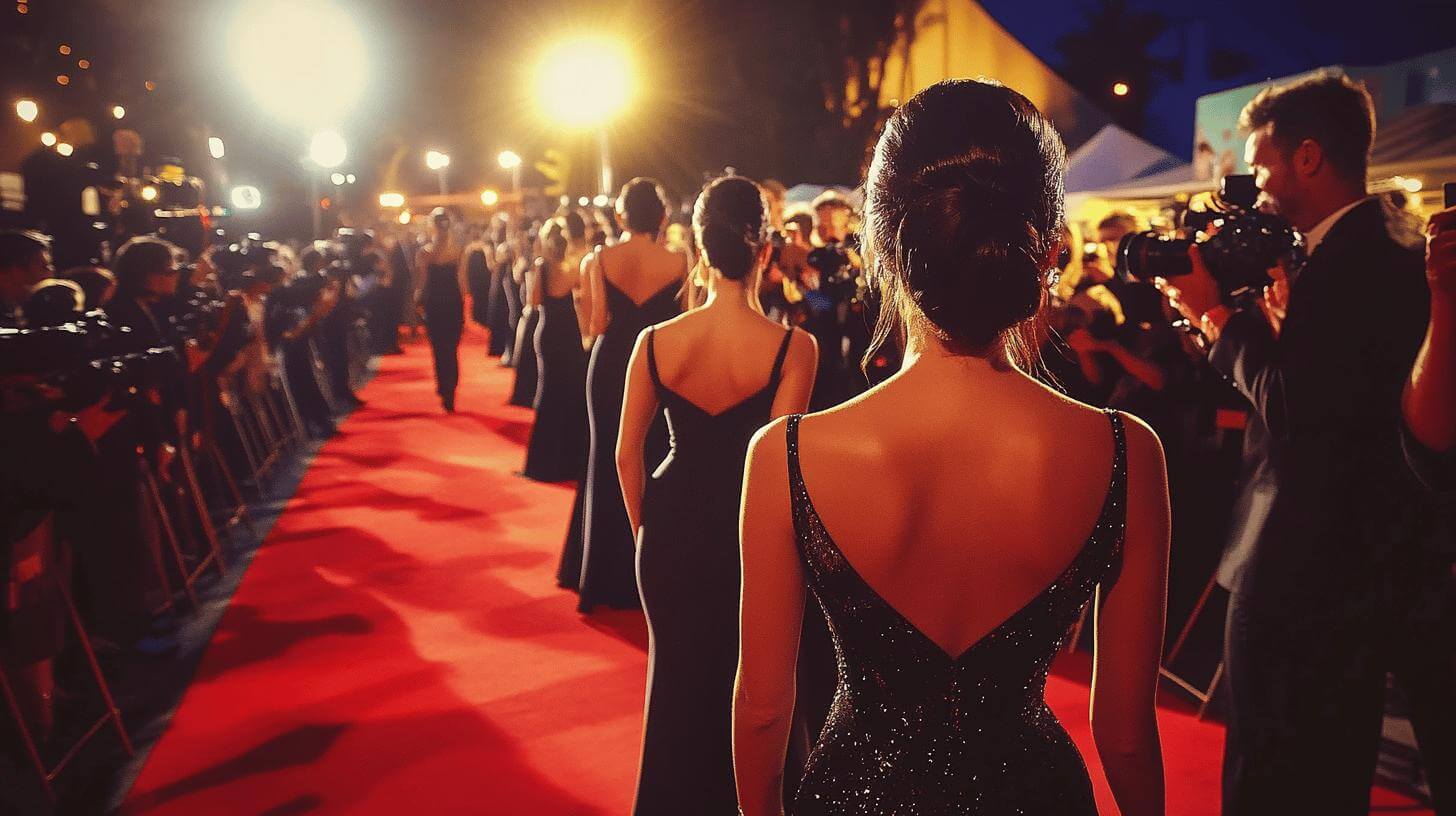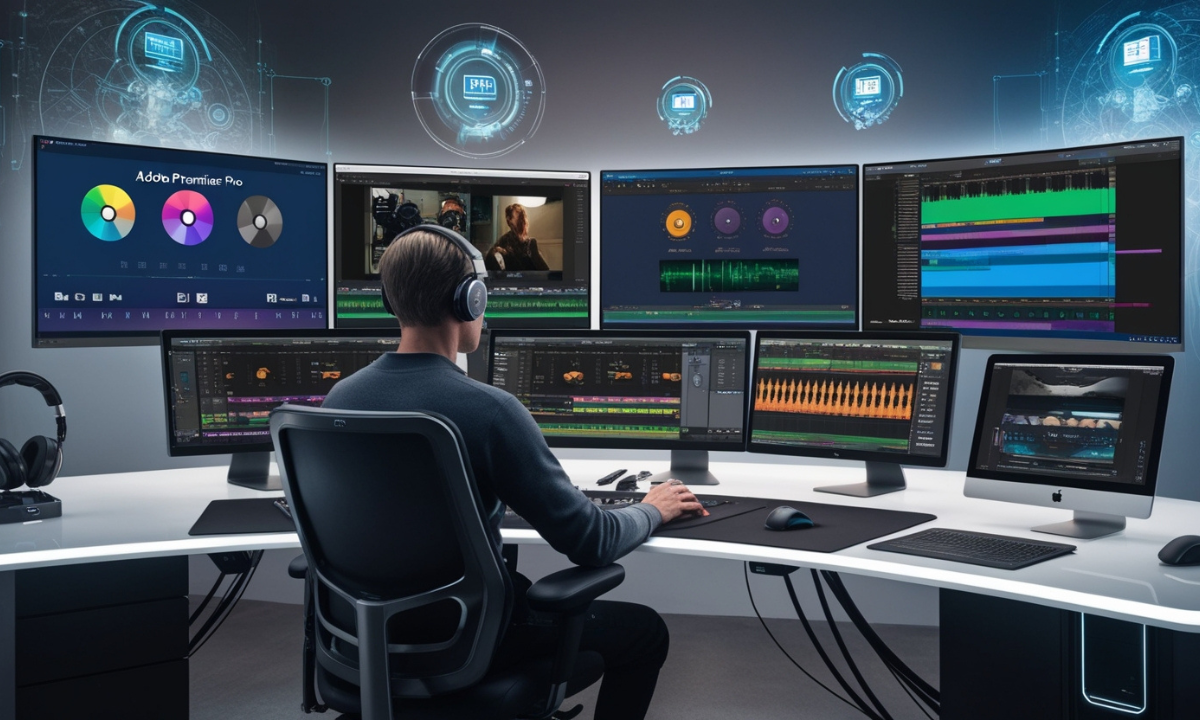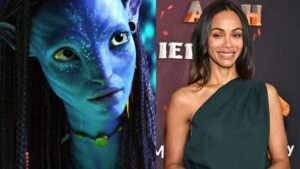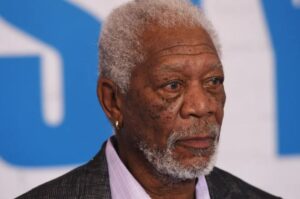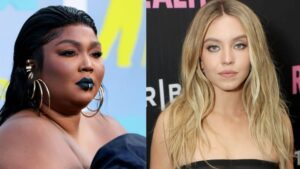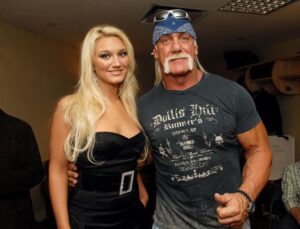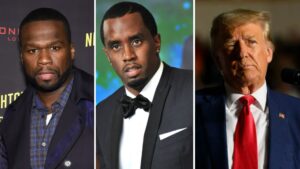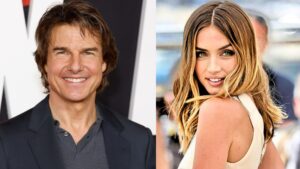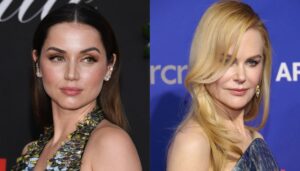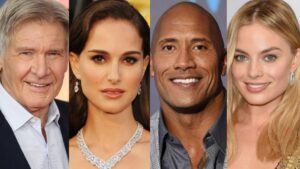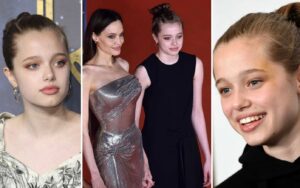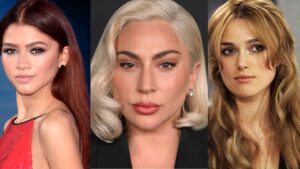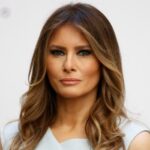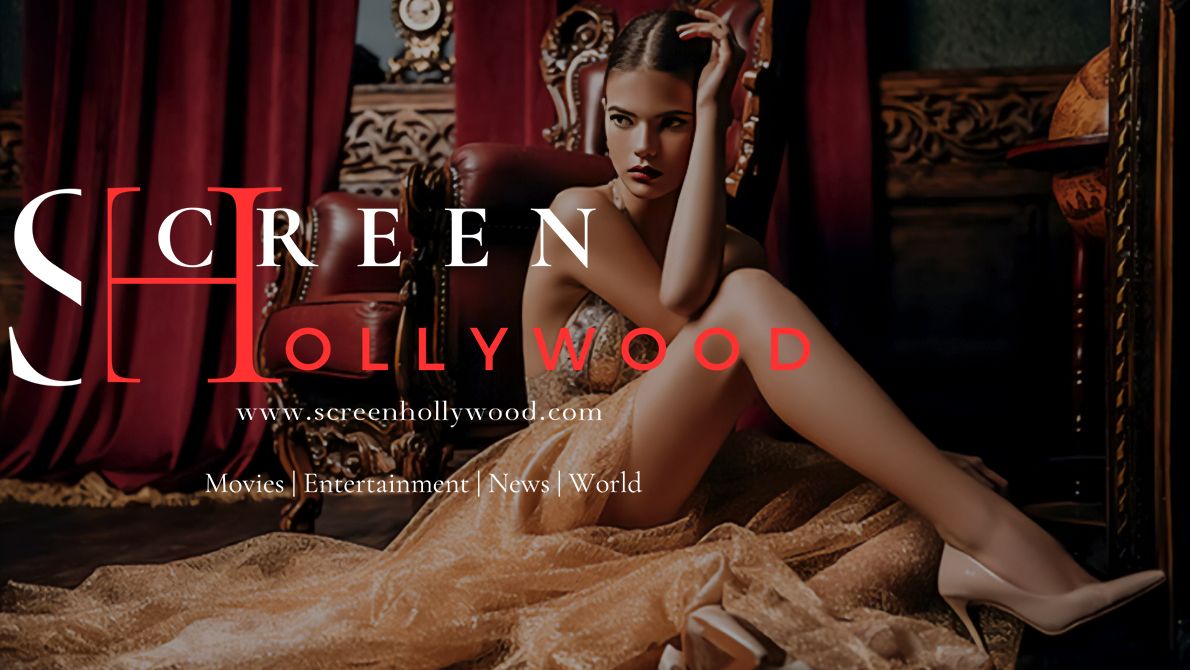The Power of the Social Media Era
How Celebrities Influence Global Trends Through Social Media. In today’s hyper-connected world, social media platforms like Instagram, Twitter (now X), TikTok, and YouTube have become more than just communication tools—they are powerful engines that shape culture, trends, and public perception. At the center of this influence are celebrities who use their online presence to drive conversations, set fashion trends, popularize lifestyle choices, and even impact political movements. Unlike in previous decades, where fans had to rely on magazines or interviews to catch a glimpse of their favorite stars, today’s audiences are given direct, often unfiltered access to the lives and opinions of celebrities. This direct connection gives celebrities unprecedented power to shape global narratives and influence millions of followers instantly.
Fashion Trends and Brand Booms Sparked by Celebrities
One of the most immediate and visible ways celebrities influence global trends is through fashion. When a celebrity like Zendaya appears in a new outfit at an event or posts a casual mirror selfie in a particular brand’s hoodie, it can cause that product to sell out within hours. This phenomenon, often referred to as the “celebrity effect,” has reshaped how brands market themselves. Instead of traditional advertising, many labels now focus on influencer partnerships, gifting, or paid collaborations to generate buzz. Kylie Jenner’s every makeup look becomes a viral trend, and her product lines often break sales records minutes after launch. Similarly, when BTS members wear a certain brand or accessory, that item’s visibility and desirability skyrocket across global markets, showing the cross-cultural power celebrities wield on social platforms.
Political and Social Movements Gain Momentum
Beyond trends in fashion and beauty, celebrities have also become influential voices in social and political movements. Social media gives them the ability to share unfiltered opinions and rally support for causes close to their hearts. For instance, when Leonardo DiCaprio posts about climate change, his message reaches millions instantly, drawing attention to environmental issues. During the Black Lives Matter movement, stars like Lizzo, John Boyega, and Beyoncé used their platforms to raise awareness, mobilize protests, and call for systemic change. These acts of digital advocacy inspire fans and followers to participate, donate, and share resources, creating ripple effects that go far beyond the internet. Their influence doesn’t just bring attention—it drives action, funding, and societal pressure, proving that celebrity voices can be a powerful force for progress.
Redefining Beauty and Wellness Norms
In the beauty and wellness industry, celebrity influence through social media has completely redefined standards and expectations. For decades, traditional media set narrow ideals of beauty, but platforms like Instagram and TikTok have allowed celebrities to broaden those definitions. Stars like Lizzo and Demi Lovato champion body positivity, self-love, and authenticity, encouraging followers to embrace their true selves. Through unedited photos, real talk about mental health, and behind-the-scenes content, celebrities are dismantling perfectionism and replacing it with vulnerability. This honesty resonates deeply, especially with younger generations who crave transparency and relatability. Moreover, when celebrities launch beauty and wellness brands—like Selena Gomez with Rare Beauty or Hailey Bieber with Rhode—they often promote messages of inclusivity, confidence, and self-care, aligning commerce with social impact.
Cultural Crossovers and the Rise of Global Fame
One of the most fascinating aspects of celebrity influence in the digital age is the rise of cultural crossovers. Thanks to platforms like TikTok and Instagram, celebrities from one part of the world can achieve massive followings in completely different regions. For example, Korean idols like Blackpink and BTS have global fanbases, and their social media presence plays a crucial role in maintaining and growing that connection. Similarly, Bollywood stars like Priyanka Chopra and Deepika Padukone now have international visibility thanks to social media, allowing them to represent South Asian culture on a global stage. This global accessibility has broken down regional barriers in entertainment and turned celebrities into international ambassadors for fashion, language, beauty, and even food. Their reach goes far beyond movies or music—it becomes cultural diplomacy, where millions are influenced by how they dress, speak, or live.
Celebrity Endorsements and Consumer Behavior
The impact of celebrity endorsements has evolved dramatically with the rise of social media. It’s no longer just about appearing in a TV commercial or magazine ad—today’s endorsements feel more personal and authentic, especially when delivered through an influencer-style Instagram post or a behind-the-scenes YouTube vlog. When celebrities genuinely use and recommend products, they create trust-based marketing that traditional advertising cannot replicate. For instance, when Gigi Hadid shares her skincare routine or when Chris Hemsworth promotes a fitness app he uses, followers are more likely to try those products because they feel like part of an inside conversation. This trust translates into measurable sales, with studies showing that products promoted by celebrities have higher conversion rates than those advertised through traditional methods.
Impact on Entertainment and Career Trajectories
Social media also plays a critical role in how celebrities shape and control their careers. By sharing their own stories, promoting projects, and engaging with fans directly, celebrities reduce their dependence on press coverage or publicists. Platforms like Instagram Live, TikTok videos, and podcast appearances allow them to promote films, albums, or collaborations in real-time, often bypassing the traditional media gatekeepers. For newer celebrities, a strong social media presence can even be the key to launching a career. Stars like Shawn Mendes, Justin Bieber, and Billie Eilish all found fame initially through platforms like Vine, YouTube, or SoundCloud before becoming household names. Now, even casting decisions in Hollywood sometimes factor in an actor’s online following because of its marketing potential, illustrating how deeply embedded social media influence is in shaping the modern entertainment industry.
The Responsibility That Comes With Influence
While celebrity influence on social media brings many opportunities, it also carries a weight of responsibility. A single tweet or Instagram story can spark public debates, influence political outcomes, or damage reputations. That’s why many celebrities are becoming more mindful of how they use their platforms. Public backlash, cancel culture, and digital accountability are constant reminders that influence must be wielded wisely. Those who use their platforms for good—promoting mental health, education, sustainability, and equality—are celebrated not just as entertainers, but as changemakers. The fans notice authenticity, and they reward it with loyalty and amplification. Celebrities who stay grounded, informed, and purpose-driven stand to make a deeper and more lasting impact than those chasing viral moments.
Conclusion: A New Kind of Global Leadership
In 2025, the role of a celebrity has transcended entertainment. Through the lens of social media, they have become global tastemakers, advocates, entrepreneurs, and leaders in the cultural space. Their influence goes beyond what they wear or endorse—it shapes conversations, shifts public opinion, and fosters connections across borders. As platforms evolve and audiences become more discerning, the celebrities who lead with authenticity, social awareness, and intentionality will remain at the forefront of global influence. In this digital era, their reach is infinite, and their impact—on trends, minds, and markets—is undeniably profound.


